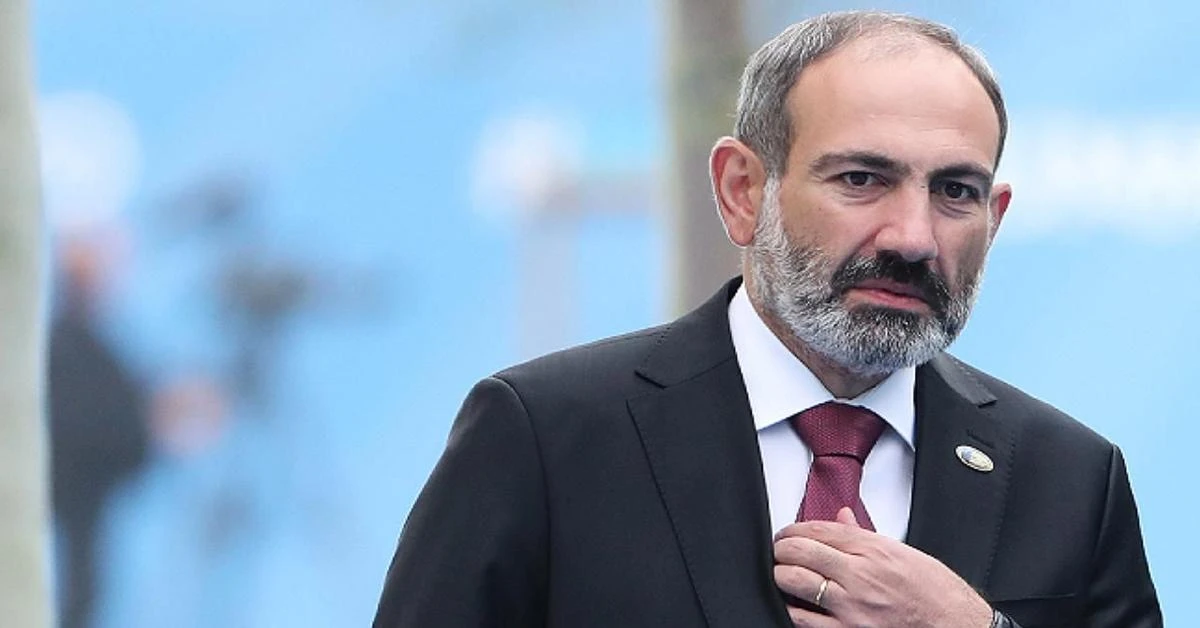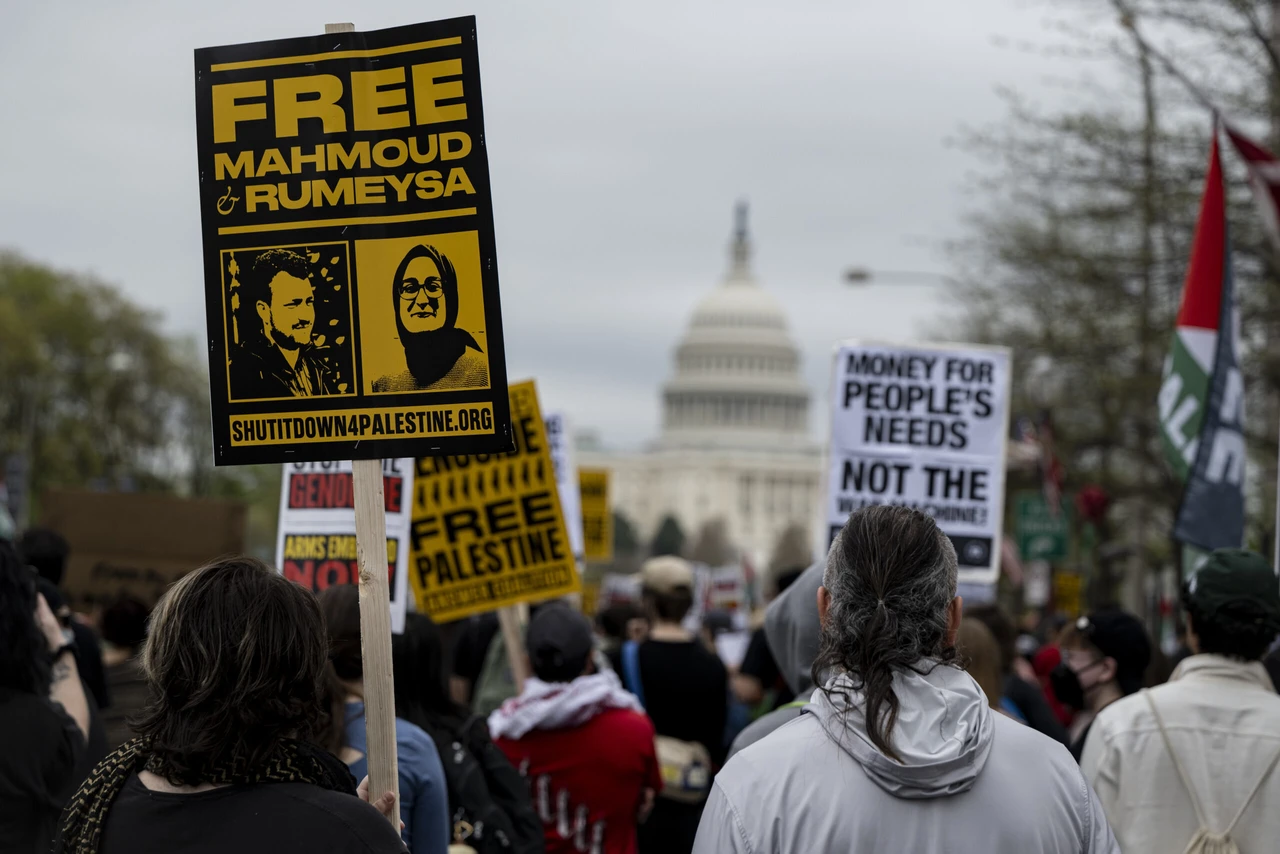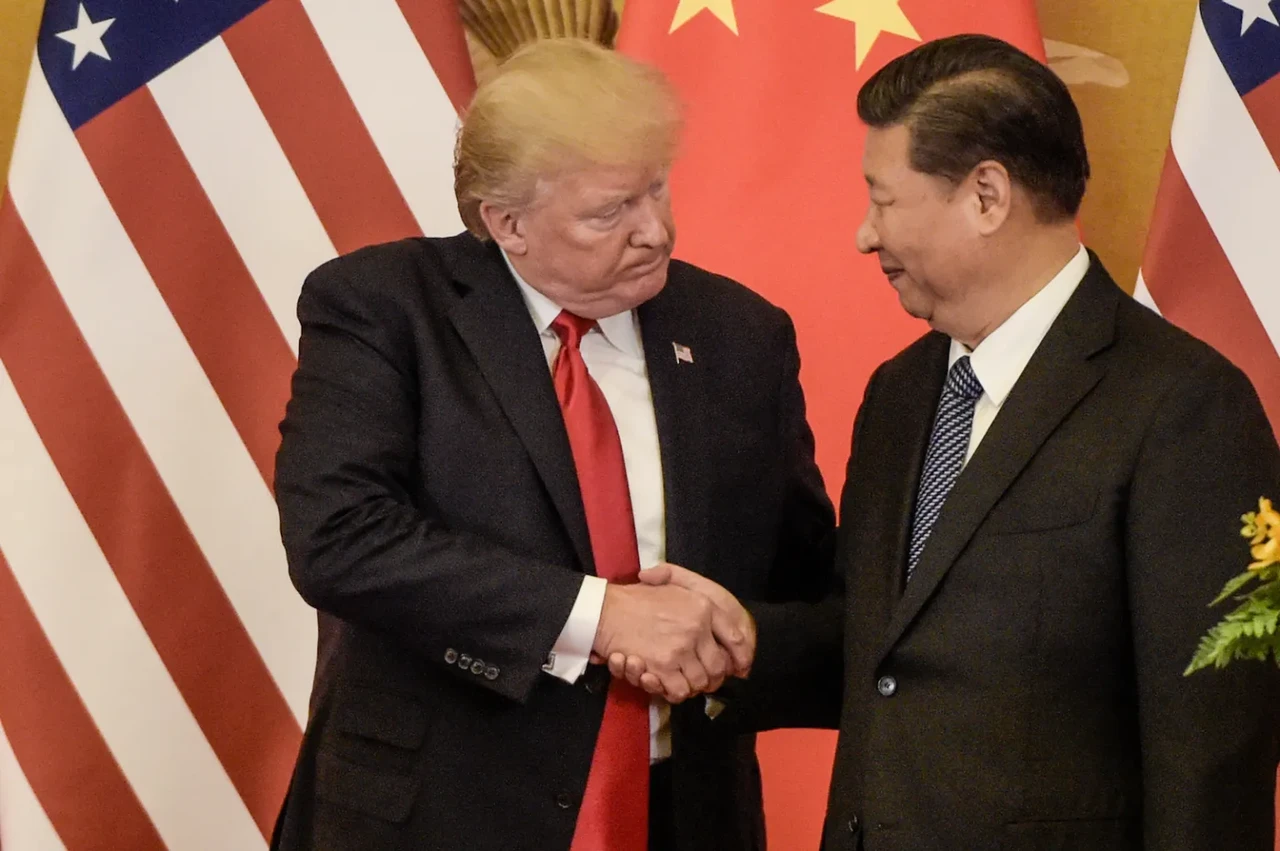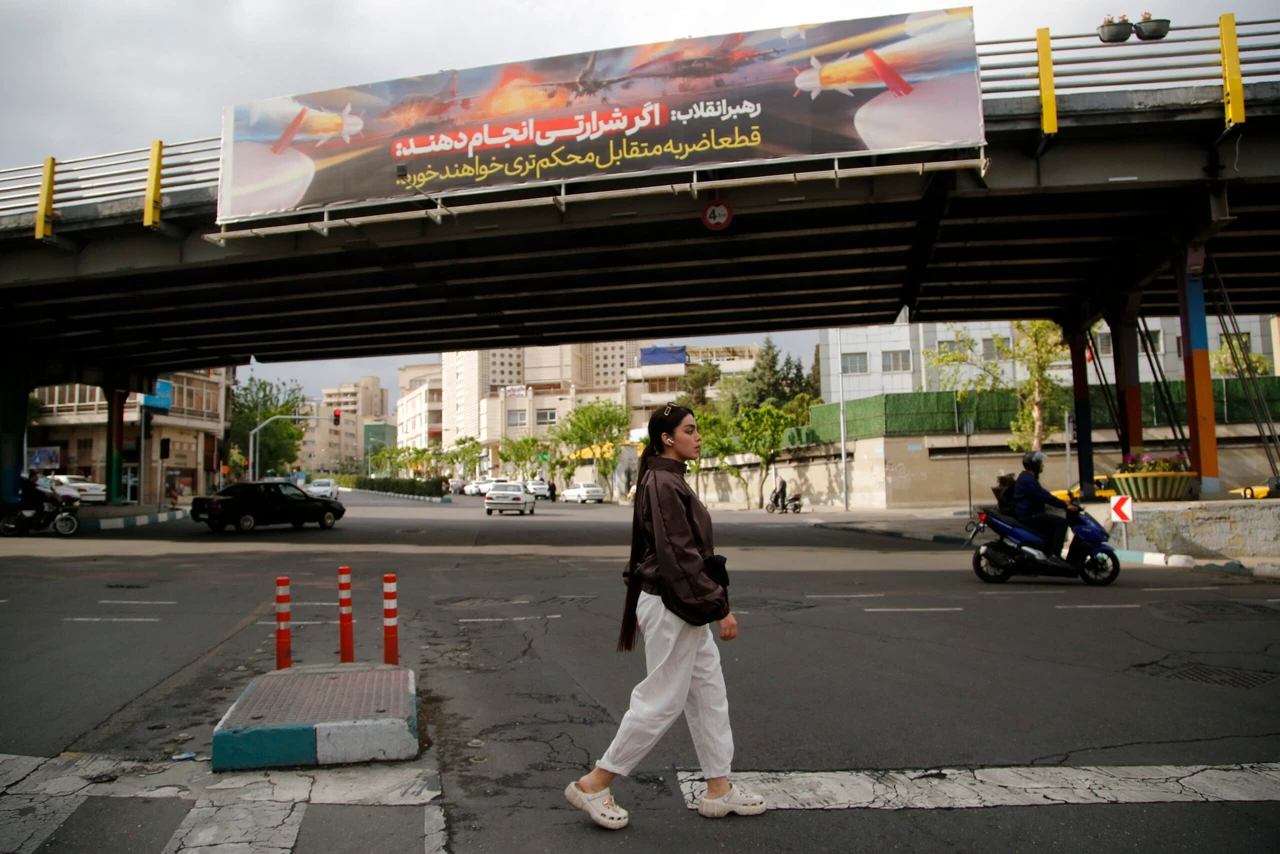Armenian Prime Minister Pashinyan Absent from CIS Talks

Armenian Prime Minister Nikol Pashinyan was absent from a Commonwealth of Independent States (CIS) meeting held Friday in Ashgabat, Turkmenistan, signaling his country’s continued shift away from regional alliances towards closer cooperation with Western nations.
Previously, representatives from Armenia had ceased attendance at Collective Security Treaty Organization (CSTO) meetings, criticizing the organization for its perceived failure to support Armenian-backed separatist forces during the 44-day conflict with Azerbaijan in 2020.
On Wednesday, Pashinyan accused two CSTO member states of providing direct assistance to Azerbaijan during the conflict, without specifying their identities.
In the wake of Armenia’s defeat in the 2020 Karabakh War, the country has increasingly sought military support from Western allies, while reducing its engagement in regional structures. However, Armenia maintains participation in post-Soviet economic initiatives, albeit to a lesser extent.
Earlier on Friday, Russia announced the recall of its ambassador to Armenia for consultations, following months of public disagreements and sharp criticisms of Russia by Armenian officials.
Meanwhile, discussions among participants at the CIS heads of government meeting centered on the prospects for economic cooperation, with Russian Prime Minister Mikhail Mishustin advocating for the establishment of an independent payment system to facilitate the growing trade demands.
Mishustin noted that over the past four years, trade turnover within the CIS had risen by more than two-thirds, with 6% of this growth attributed to the implementation of action plan decisions. He emphasized that the fulfillment of agreements on free trade in services and investments within the CIS could significantly enhance cooperation within the association.
What is CIS?
The Commonwealth of Independent States, established in 1991 during the dissolution of the Soviet Union, comprises 11 member countries. Its objective is to facilitate cooperation in political, economic, and security realms, fostering peaceful relations and mutual assistance among member states.
Despite its overarching goals, the CIS experiences varying levels of integration and influence among its members, with some countries participating more actively than others. Ukraine has halted all interactions with the CIS, though it has not formally withdrawn, while Moldova has ceased attendance at CIS meetings but continues to engage in agreements within the framework.



